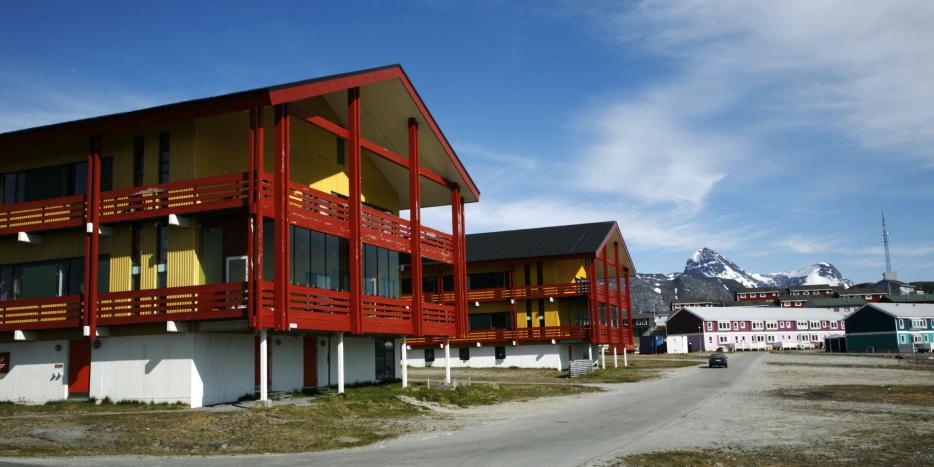The health service believes that it might be a good idea to recruit workers from countries like the Philippines. However, efforts should first be made to recruit foreigners who already live here.
– We can certainly see something positive in that.
This is what the deputy director of the regions of the Greenlandic Health Service, Ella Skifte, says about the proposal to recruit nurses from the Philippines.
A solution to the lack of professionally competent health personnel used by many countries, and which the Minister of Health and Persons with Disabilities, Anna Wangenheim (D), is keen on.
The Health Service is under pressure and has long had problems retaining its staff.
In 2023, over half of the trained Greenlandic nurses were no longer working as nurses, according to figures from the Health Commission’s report.
– The staffing situation is somewhat challenging. We have a lot of temporary workers coming here, some of them for a fairly short time. And that’s what challenges us in terms of having a stable staff, says Ella Skifte.
She has been deputy director since 2006. According to her, the use and reliance on short-term temporary workers has fluctuated greatly over time. The amount of pressure on the Health Service is the same story.
– We have had good times, and then we have had less good times, says Ella Skifte.
She says that efforts to avoid hiring so many people from temporary employment agencies have occasionally been successful.
– But then time passes, and then it gets worse again, she says.
The Philippines, already here
Recruiting nurses and other healthcare personnel from third countries is certainly one way to try to solve the staffing problems, believes Ella Skifte.
However, she believes that one should first look for labor among the people who already live in this country. For example, people who have moved here from the Philippines.
Figures from Statistics Greenland show that at the beginning of the year there were 1,110 Filipinos living in Greenland. According to Ella Skifte, she knows of 8-10 Filipinos who have a degree in health.
– We already know a lot of people in this country who live here, and some of them have also approached us about jobs in the healthcare system, says Ella Skifte and continues:
– If you could start with someone in this country, it would be really positive and well spent.
And in fact, the health service has already been training Filipino health professionals so that they can be ready to work in the Greenlandic Health Service.
– Among other things, we have had some processes with three Filipino nurses, who have now received authorization and have become nurses here, says the deputy director.
It takes time to learn
Although it is Ella Skifte’s experience that Filipino employees stay in the job once they have been trained and educated, it takes a long time and requires resources to get there.
It took two years before the three Filipino nurses were ready to work as nurses in the system in Greenland, she says.
– We have to think about a lot of things that they need to be involved in, she says.
Even if they have lived in Greenland for some time. Typically, it is the language that is a big challenge.
– Our working language in the Health Service is Danish, so you must be able to express yourself in Danish so that you are not misunderstood along the way, says Ella Skifte.
In addition, a strong support system is needed if you want to start investing in workers who do not speak Greenlandic or Danish, she believes. Especially if you take the idea of recruiting directly from abroad seriously.
– When they enter the country, they have to go with someone. They have to be trained, and they have to go with a mentor and learn how to work at a Greenlandic hospital or health center, says Ella Skifte.
Will it be sufficient to only recruit, for example, Filipinos who already live in this country to the Health Service?
Will it be sufficient to only recruit, for example, Filipinos who already live in this country to the Health Service?
– That doesn’t solve everything. We are missing many permanent positions, answers Ella Skifte.
– That’s why I think it’s a bigger task, where you also have to continue recruiting from Scandinavia and Denmark, she says.
She finally emphasizes that she would like to see more work done to ensure that more people from Greenland take up nursing education.
– We would of course also like to continue to educate our own. Here it is also an opportunity to work with the credit option, where, for example, health assistants can be further trained as nurses.
